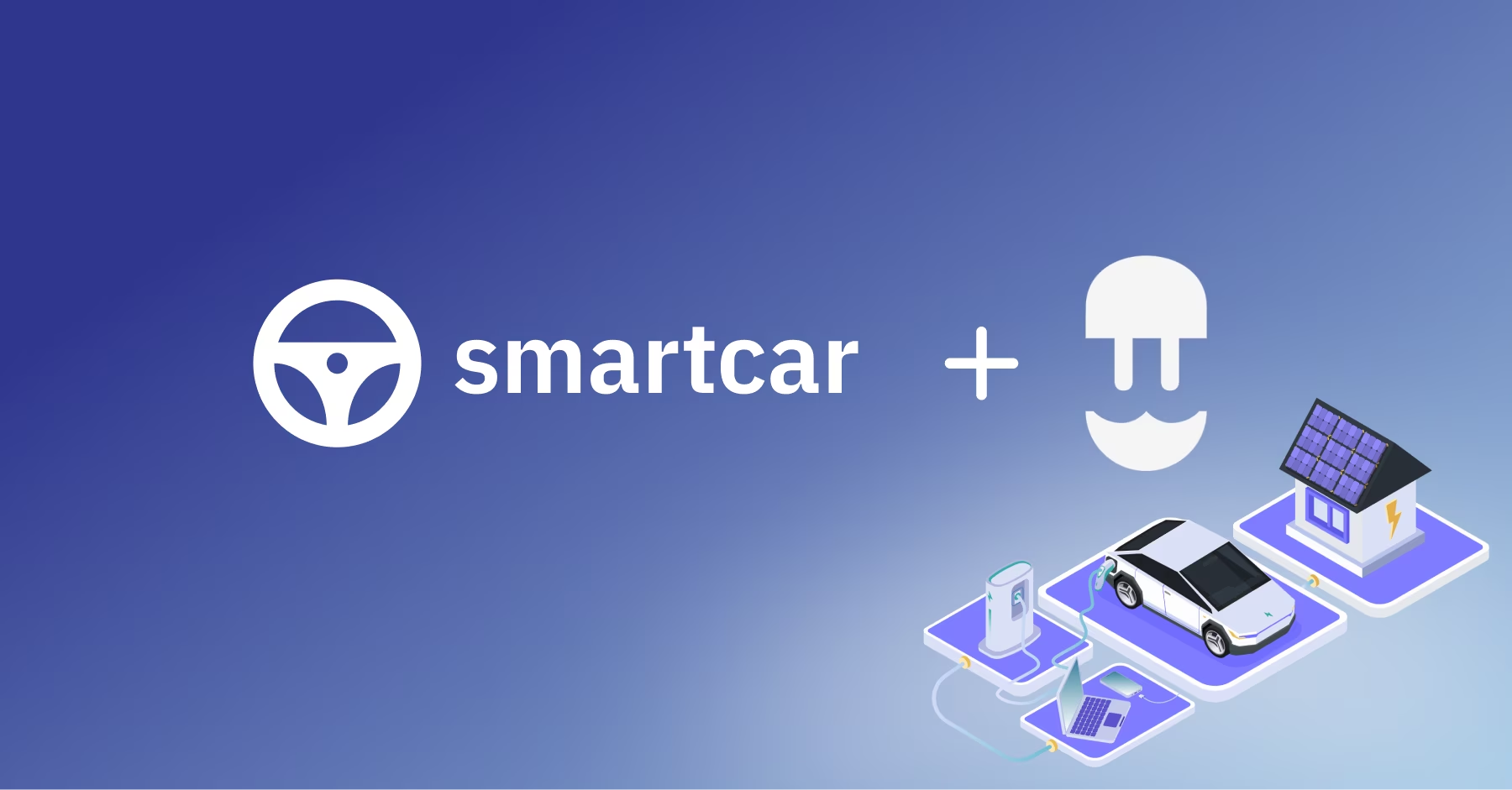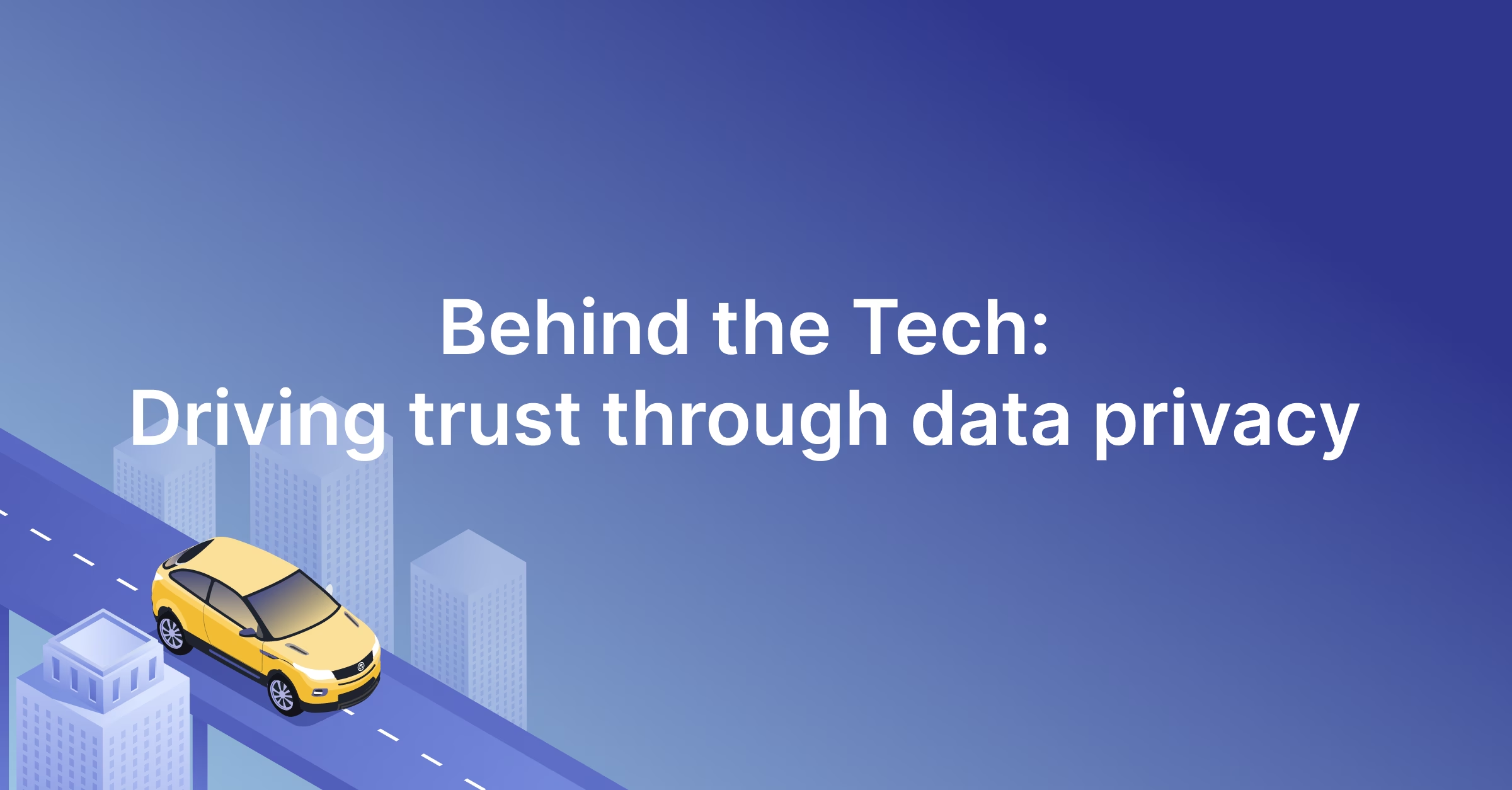This month, Smartcar launched a new account sync feature for vehicle fleets, hourly intervals for scheduled webhooks, and country and language settings in Smartcar Connect.
🔄 Account sync for vehicle fleets (early access)

We’re excited to launch account sync, a new feature designed specifically for vehicle fleets.
If your business offers products or services for fleets of cars, you might be familiar with the hassle of onboarding new vehicles to a telematics solution. Smartcar Connect makes onboarding a fleet as simple as four clicks from any phone or laptop. Our new account sync feature now lets fleet managers save additional time and effort.
To use this feature, simply enable the account sync flag in Smartcar Connect. The fleet owner will then see the “Auto-sync new vehicles from account” option selected when onboarding their vehicles. Once the fleet owner has finished onboarding, set up recurring requests to our account sync API endpoint. Whenever the fleet manager adds a new vehicle to their connected services account, they won’t need to re-launch Smartcar Connect to onboard that vehicle. Instead, new vehicles are automatically onboarded through the new account sync endpoint.
Account sync will also take care of disconnecting any vehicles that get removed from a fleet owner’s connected services account.
Smartcar customers who offer products or services for vehicle fleets can now contact us to request early access to account sync.
⌚ Hourly webhooks

Our scheduled webhooks now support hourly intervals for data retrieval.
Scheduled webhooks allow you to automatically retrieve data from specific vehicles at regular time intervals. Auto insurance providers use webhooks to check a driver’s mileage on a monthly basis. Car rental businesses and fleet management companies use the feature to locate and lock their fleet every evening.
Previously, scheduled webhooks were available in monthly, weekly, and daily frequencies. The new hourly interval now allows you to use the feature even more efficiently. For example, electric utility providers can check their customer’s EV battery level every hour and notify them when it’s time to charge. Car sharing companies can monitor a vehicle’s mileage on an hourly basis and notify renters as soon as they exceed their daily mileage limit.
🌎 Country and language settings in Smartcar Connect

Our onboarding flow, Smartcar Connect, now includes regional settings to let car owners select their country and preferred language.
After launching Smartcar Connect in French and Japanese last month, we’re now introducing regional settings for vehicle owners. We help you make sure that Smartcar Connect displays the right country and language by default. However, if a vehicle owner needs to select another country or prefers using another language, they can now do so at the bottom of the first screen in Smartcar Connect as shown above.
💡 Other updates
- Improved assistance in Smartcar Connect: Our vehicle owner onboarding flow, Smartcar Connect, now better assists car owners that don’t have a connected services account. Previously, all vehicle owners who didn’t have a connected services account needed to enter their VIN to check whether their car was compatible. Now, they have the option to skip that step and directly view our instructions on how to set up their account.
- New and improved usage tab in the developer dashboard: Our developer dashboard now features new and improved usage metrics with an enhanced, faster-loading API usage graph.
- Compatible 2021 models: Our compatible vehicles page now includes all 2021 models that are compatible with the Smartcar platform.
- Improved Subscription Check for Nissan: Our Subscription Check feature in Smartcar Connect is now more robust for compatible Nissan vehicles. When a car owner tries to link a compatible Nissan vehicle with an expired MyNissan subscription, Subscription Check detects the issue and provides the user with instructions on how to reactivate their subscription.
- Port 8443 for scheduled webhooks: In addition to port 443, our scheduled webhooks now also support port 8443 for webhook listeners.




.jpg)

